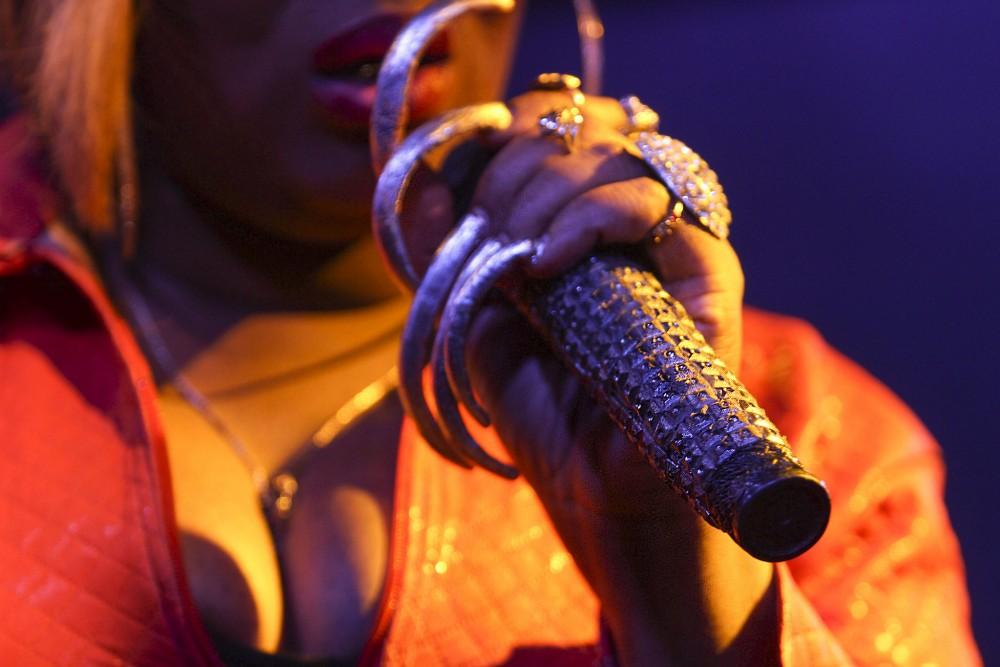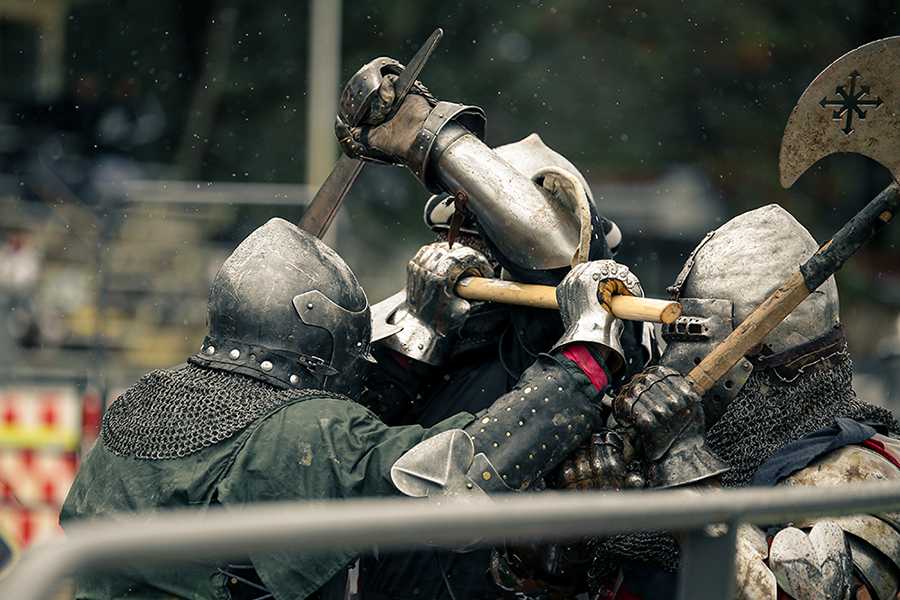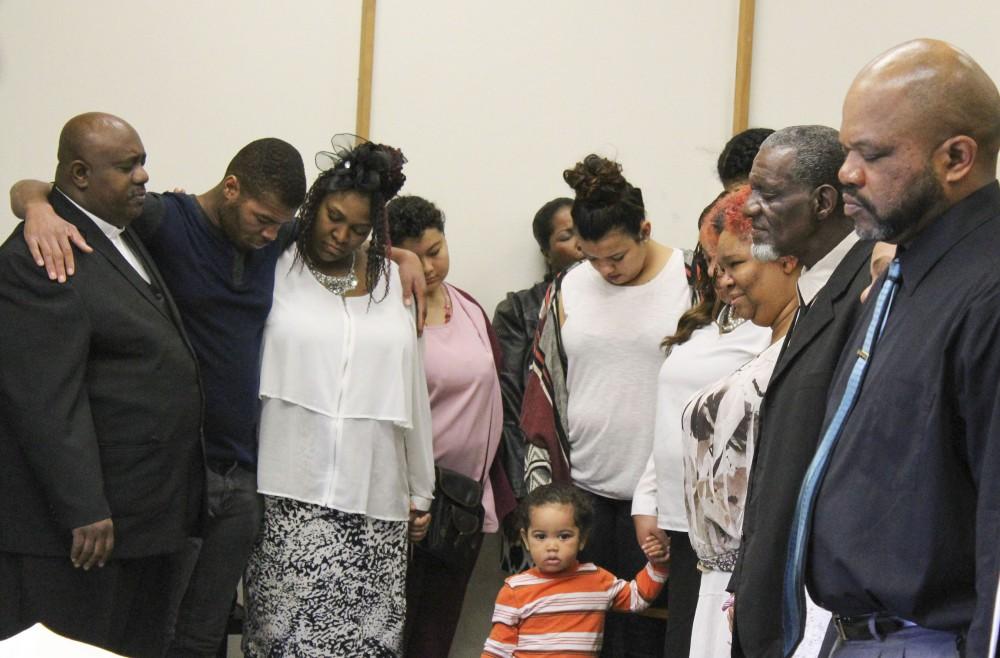“There are a lot of problems with rape, and there are a lot of rape myths,” said Tori Bovard, a human sexuality professor at ARC. “(The myths) create a climate that makes some people think that rape is OK.”
The “climate” created is rape culture, where people believe that rape is OK, or a normal part of reality.
This stems from commercials, movies, songs, books, magazines and other types of media that over-sexualize women.
Bovard explains that the myths make it so a person sees what is in the media perceives it as reality.
“Part of the problem with the rape myths is that those myths themselves affect the victims,” said Bovard. “Because we live in a culture where it is believed that women can deserve it.”
After the rape occurs, a women feels like she should just forget it happened, but a traumatic experience like that is not easily pushed out of mind.
When people, especially women, start to believe that they deserved to be raped, it becomes a problem.
This is where a lot of rape culture comes into play. There is victim-blaming that can cause a man or woman to be afraid to come out and tell the authorities that he or she has been sexually assaulted.
For women especially, they feel that because of what they were wearing, they were drunk, or they didn’t have the capacity to say no, they deserved to be raped.
“There are certain myths that are perpetuated,” said Bovard. There are scenarios where “women want it. Women like it, women like force, that no is actually yes, and a lot of things like that.”
These come into play when cases of rape arise, especially ones in which the victim knew the assailant.
Because of the myth that only strangers will rape people, men and women tend to feel guilty for reporting being raped if they knew the rapist.
There are also myths that men cannot be raped. When a man is raped, it is less likely to be reported.
With the myth that a husband can’t rape his wife and vice versa, many states have laws against rape within marriage.
Bovard said these myths are based on gender, and that men are more likely to believe these sorts of myths about women.






